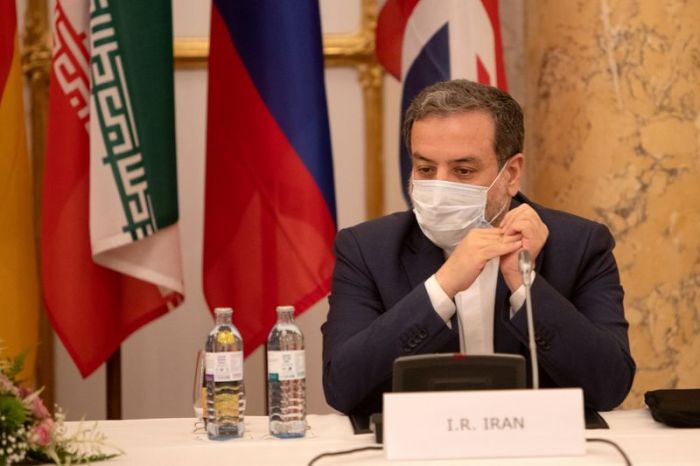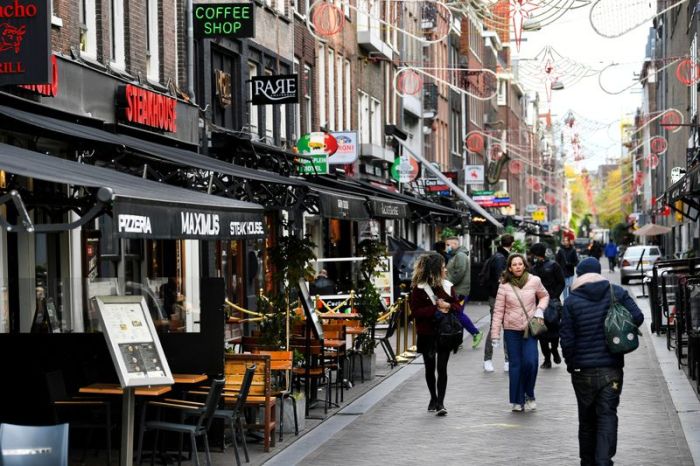MEXICO CITY (Reuters) -The Tijuana Country Club and its 18-hole golf course, an oasis of swaying palms and manicured lawns in the crowded Mexican border city, is set for a radical makeover as a public park under a government plan to turn it over to the people.
Baja California state Governor Jaime Bonilla of the ruling party Morena has proposed to convert the club’s 120 acres (50 hectares) into a public recreational space for sports and culture, arguing that it is one of the few green areas in Tijuana that can be redeveloped for that purpose, in a city with few parks.
“Studies have shown that what we need for Tijuana is an area that would raise the standard of living,” said Amador Rodriguez, the secretary general of Baja California, in an interview on Monday.
Predating U.S. tourist hotspot Las Vegas, the elegant Agua Caliente hotel, golf course, horse racetrack and casino complex was founded in the 1920s and originally served rich Americans slipping over the border for fun in the prohibition era when the liquor trade was banned in the United States.
Famous visitors included Hollywood stars and, apocryphally, gangster Al Capone, while in recent decades the club became known as a hangout for Tijuana’s political and economic elite.
Parts of it, including the golf course, later became today’s Club Campestre, or country club.
In 2018, PGA Tour-affiliated golf returned to the legendary course, for the first time in more than half a century.
The property’s ownership has been in dispute for decades, with the government saying it was not properly transferred to new owners in 1969, after the deaths of two joint owners. Club members say the property is registered as belonging to “Club Campestre Tijuana.”
Rodriguez said that if there was no challenge to the project, “the expropriation will be decreed in 15 days” and whoever is recognized as the owner by courts will receive more than 1.2 billion pesos ($60.6 million) over two years.
The governor’s proposal comes ahead of mid-term elections on June 6, including for state governor. In a city with few public spaces, some of the world’s highest levels of crime, and a wide gap between rich and poor, the idea has caused ripples among voters.
The expropriation plan was made public through the state government’s official newspaper last week.
President Andres Manuel Lopez Obrador, who is seeking to address economic inequality in Mexico but has stopped short of expropriations or nationalizations, on Tuesday told reporters he was looking into the matter.
Adolfo Solis, a lawyer for members of the club, warned that expropriation would set a dangerous precedent, calling property one of the most important rights to be upheld.
“Any opponent, any journalist or any official, any group that is not aligned with the government, could simply have their property removed,” Solis said.
“This debate is going to be won in the courts,” he added.
($1 = 19.8010 Mexican pesos)
(Reporting by Lizbeth Diaz; Writing by Stefanie Eschenbacher; Editing by Aurora Ellis and Rosalba O’Brien)


























